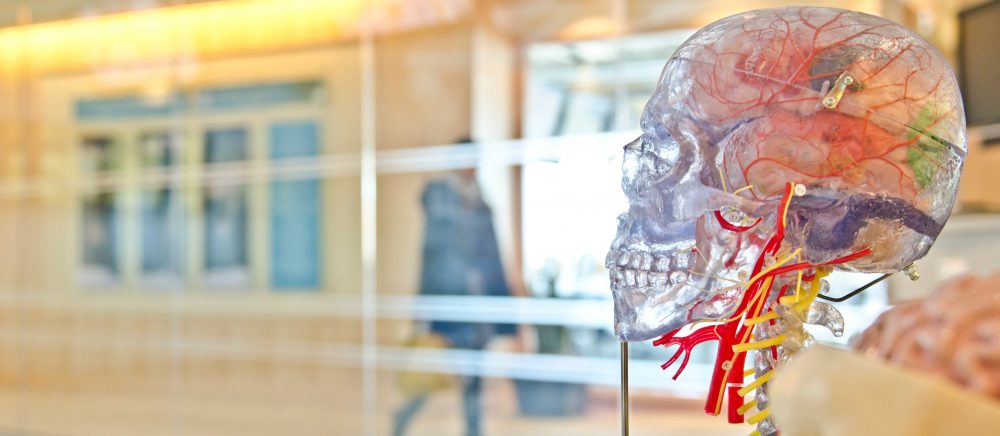Please use the drop down menu above to see details on some of the classes that I teach most often.
Other Courses I’ve taught:
First Year Seminar. I have taught FYS four times in my years at Wooster, and have focused on two different content areas. The first two times, I presented a small group of only first year students with the topic of The Psychology and Propaganda of Advertising. We discussed the ways in which psychological theories, persuasion tactics, colors, sounds and celebrities influence our viewing of ads. The second two times, I focused our readings and coursework on study strategies, time management and general college success. In both iterations, this course was writing and discussion intensive, and instructed students on the progression of making opinion based arguments to those supported by empirically sound research, and when focused on crushing college, helped them implement changes into their everyday lives.
Introductory Psychology served as an overview of all major topics of Psychology, incorporating small group activities, classroom discussion and demonstration, critical thinking and writing assignments. Students chose personally interesting areas of psychology to complete a set of homework assignments. Exams focused on factual and conceptual knowledge in a multiple choice and short answer format.
Interdisciplinary course on Coffee co-taught with four other College of Wooster faculty. We examined biological, psychological, historical, economic and marketing design perspectives focused on coffee. We worked in a multidisciplinary fashion, moving students toward a final presentation incorporating all of these perspectives to propose a brand identity and biodiversity plan for coffee growers in a fictitious country. My primary responsibilities included the presentation of the pharmacological and addictive properties of caffeine as well as the psychological themes involved in advertising.
Neurobiology of Learning and Memory presented students an in-depth examination of the function, capability and structure of the nervous system in relation to learning and memory. We examined the neuroanatomical structures and neurophysiological underpinnings of learning and memory formation, along with neurological disease processes. Combinations of textbook, scientific and empirical readings were used as the basis for classroom lecture and discussion.
